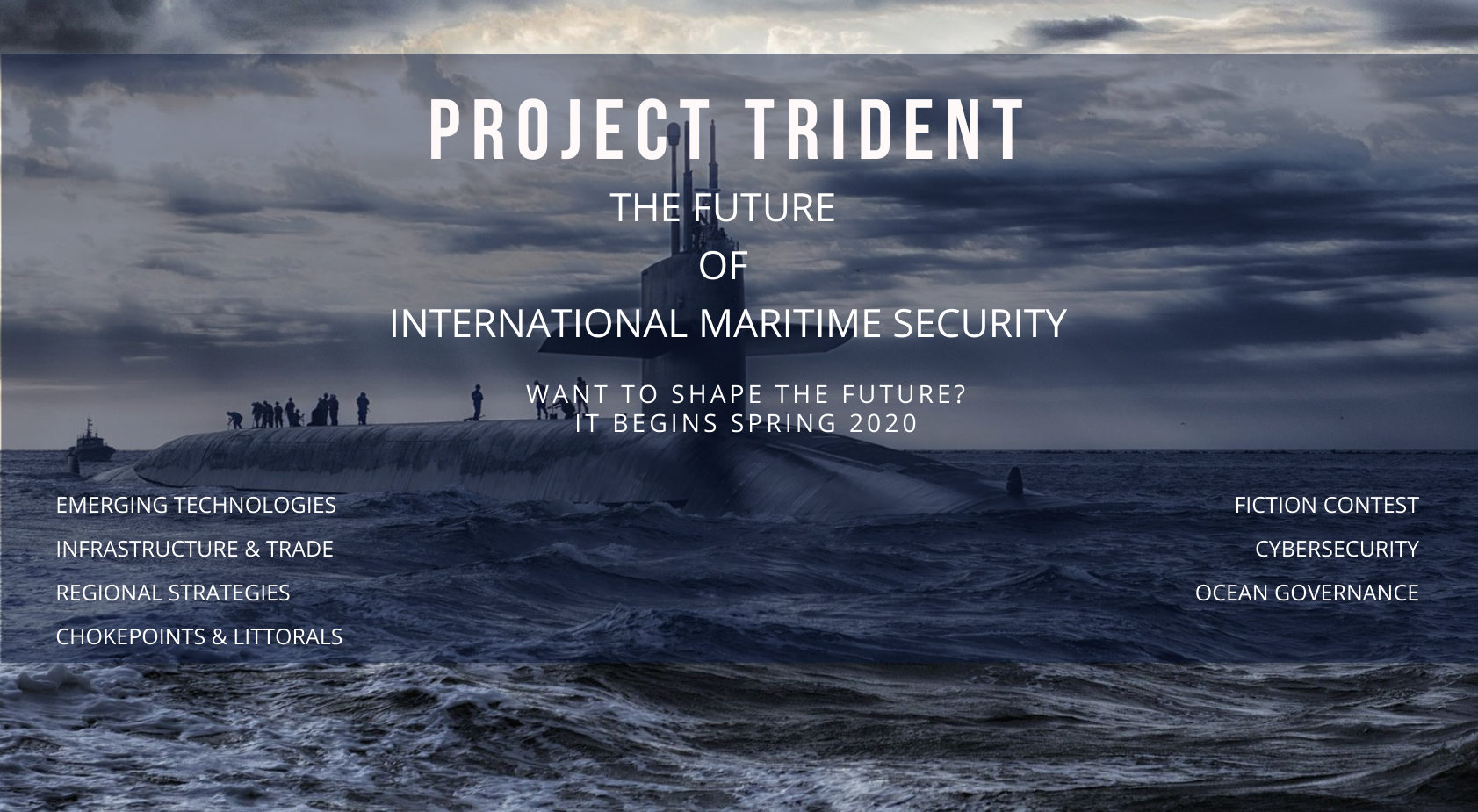By Curtis Bell
Submissions Due: July 13, 2020
Week Dates: July 20-24, 2020
Article Length: 1000-3000 words
Submit to: [email protected]

Stable Seas is partnering with CIMSEC to launch the latest Call for Articles of Project Trident to solicit writing on the impact of ocean governance on future international maritime security. Stable Seas, a program of One Earth Future, engages the international security community with novel research on illicit maritime activities such as piracy and armed robbery, trafficking and smuggling in persons, IUU (illegal/unregulated/unreported) fishing, and illicit trades in weapons, drugs, and other contraband.
From the Sulu Sea to the Gulf of Aden, to the southern Caribbean and to the Gulf of Guinea, navies and maritime enforcement authorities are increasingly concerned about the threats posed at sea by terrorists, violent non-state actors, and even nation states that exploit similar methods. While counterterrorism strategy typically focuses on stopping activities on land, threatening organizations consistently use the maritime domain to transport weapons, raise funds through illicit activities, conduct piracy and kidnapping, and even launch attacks against soft maritime targets.
Ocean governance encompasses a broad spectrum of efforts aimed at maintaining good order on the seas while also preserving the seas themselves. Many authorities and efforts are concerned with illegal, unreported, and unregulated fishing that is depleting natural resources. Ocean conservation aims to protect threatened ecosystems critical to human sustenance, endangered species, and the well-being of the ocean itself. Legal theorists and maritime law enforcement authorities debate interpretations of legal regimes such as UNCLOS as they seek to manage their claims and navigate challenges to their authority. Law enforcement agencies of many stripes are enhancing their understanding of the maritime domain as criminal entities look to the world’s oceans with a sense of opportunity, whether to pursue drug trafficking, human trafficking, or black market arms dealing.
Given these trends, how can navies and coast guards better coordinate with local governments and international agencies in countering violence at sea? What lessons can be learned from instances of good onshore/offshore collaboration? How are governments working together across jurisdictions and in international waters to counter this threat?
Authors are invited to write on these topics and more as we look to understand the expansive challenges surrounding ocean governance. Send all submissions to [email protected].
Curtis Bell is the Director of One Earth Future’s Stable Seas program. He created Stable Seas in 2016 and has since led the development of the Maritime Security Index and other Stable Seas research products. Curtis is a political scientist by training and also developed One Earth Future’s quantitative forecasting project. Before joining One Earth Future in 2015, Curtis taught international relations at the University of Colorado and the University of Tennessee. He earned his doctorate in political science at the University of Colorado and has published several academic papers on organized political violence and the politics of fragile states.
Featured Image: Illegal fishing off Gabon in 2011. (NOAA photo)

